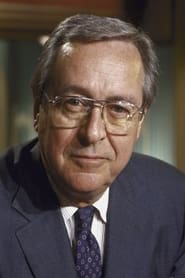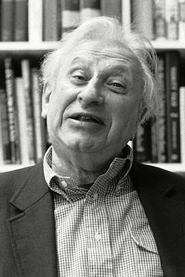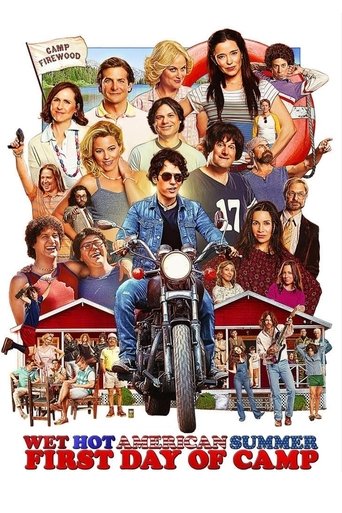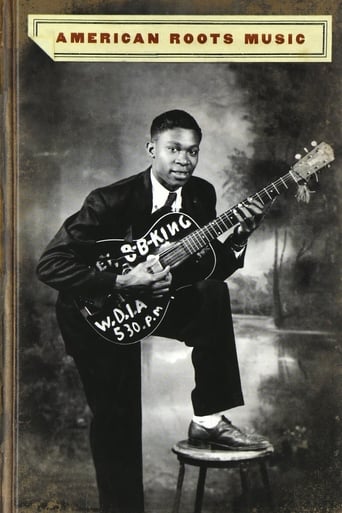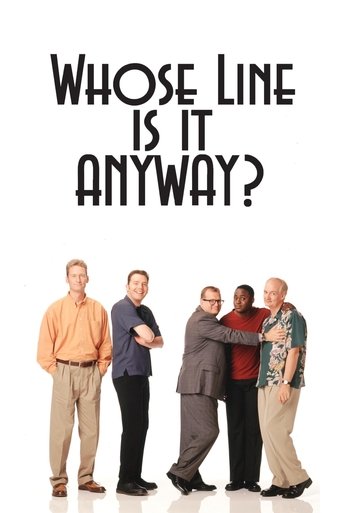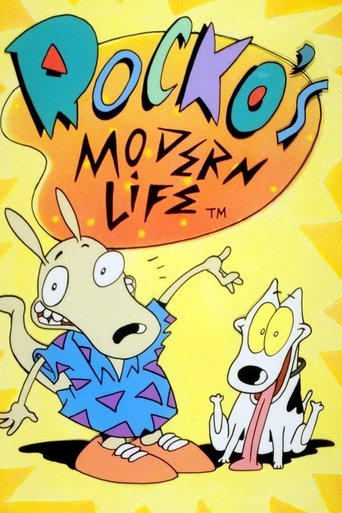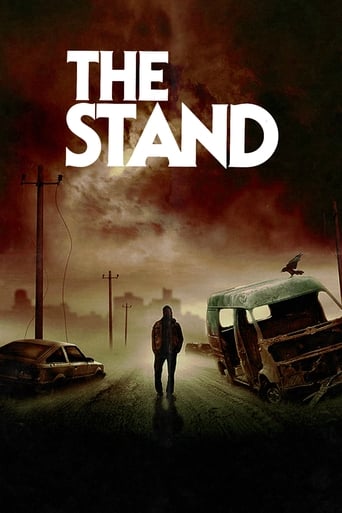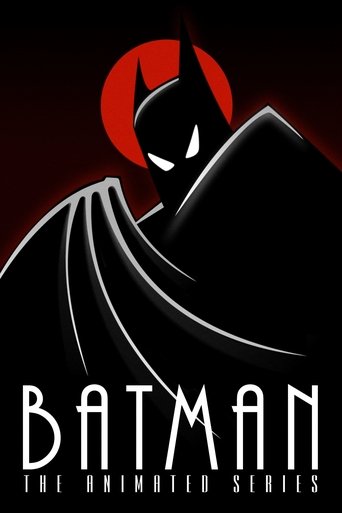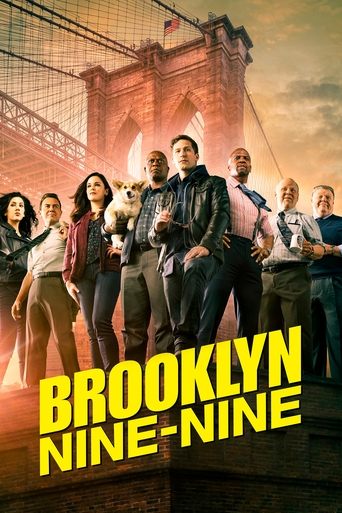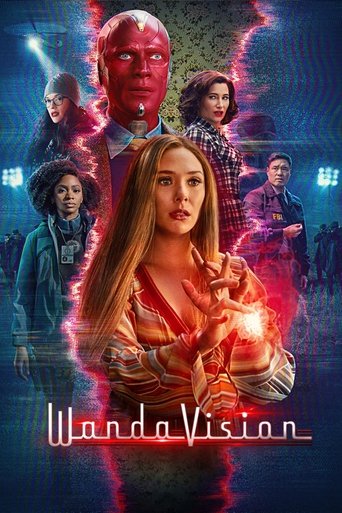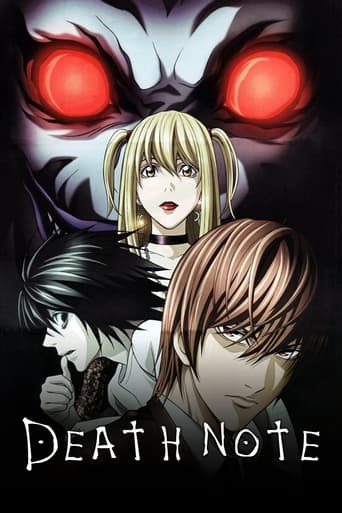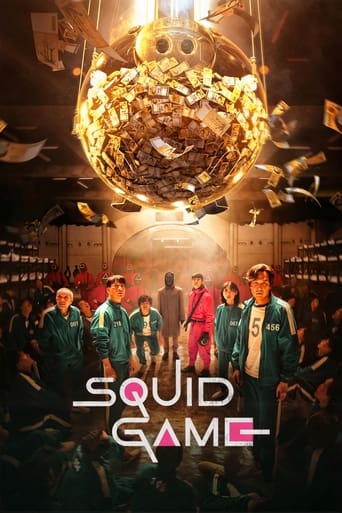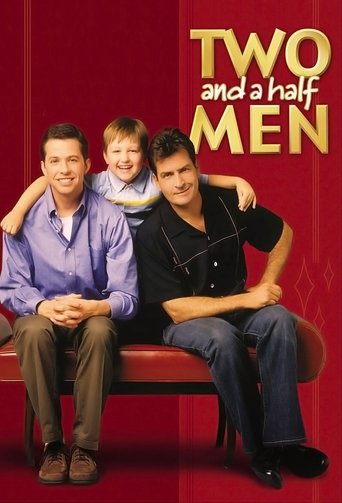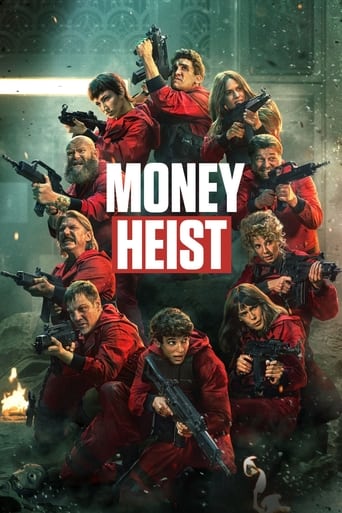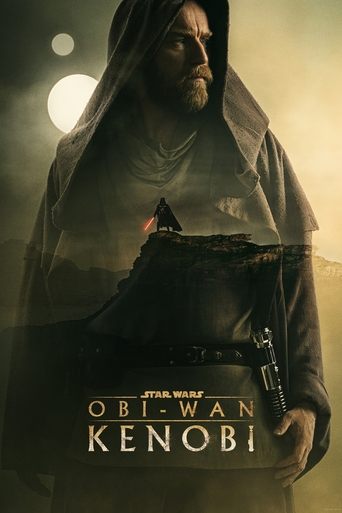Baseball
The history of the sport of baseball in America, told through archival photos, film footage, and the words of those who contributed to the game in each era. Writers, historians, players, baseball personnel, and fans review key events and the significance of the game in America's history.
Available For Free On
Trailers & Videos

Baseball, a film by Ken Burns | Trailer | DocPlay
Seasons
Cast
More Like This
Reviews
GenerationofSwine
I guess this is a documentary on the Civil War and how Jackie Robinson finally won it by playing baseball. At least that is what the focus seemed to be. The Civil War and Jackie Robinson.
There is a lot more to baseball that that, and, honestly, with all due respect to Jackie Robinson, there is a lot more to baseball than him.
Honestly, it makes the sport seem like a downer. It makes it seem depressing. He has interviews here of people talking about how fun baseball was... and he makes it seem depressing and almost evil.
There are people on the interview that talk of father-son bonding, of playing with their friends on beautiful summer days and... he almost makes it feel dull. It almost makes it feel like he has a bit of a grudge against the sport, that he doesn't realize it's a game, that he's searching to make it something more.
It feels too much like Burns is trying to make baseball sound like more than it is, more than it ever could be, a metaphor for America and all of its problems.
I have to disagree with that, and I say this as someone that once rented a horrible apartment just because I could see a softball field from the living room window. I have to disagree as someone that goes to high school baseball games and local softball games just to watch people play baseball when I have nothing else to do and was, well, and was single and had the freedom to indulge.
Baseball is a lot of things, its a national past time, it's a sport, its an obsession, but, it's a game. It's not really a metaphor for anything. Baseball doesn't define the Civil War, it doesn't define the Civil Rights movement, it's a game.
Jackie Robinson was a big deal for America, he was a mark of desegregation and it made sense that baseball did it. It was a triumph... but Burns makes it seem like Baseball desegregated the nation, and that's not right. Baseball desegregated and Jackie Robinson played a game (and played it very well)... but the Civil Rights Movement desegregated America.
I guess what I am saying is that baseball is fun because it's a game. You play it for the same reasons you play any other game, and you enjoy it because the rest of the world, things like war and segregation and hate and politics drift away while you're playing it.
When you make Baseball about all of that, you take away the very thing that makes people love baseball. You take away the reason they play it.
You've reached the end.












